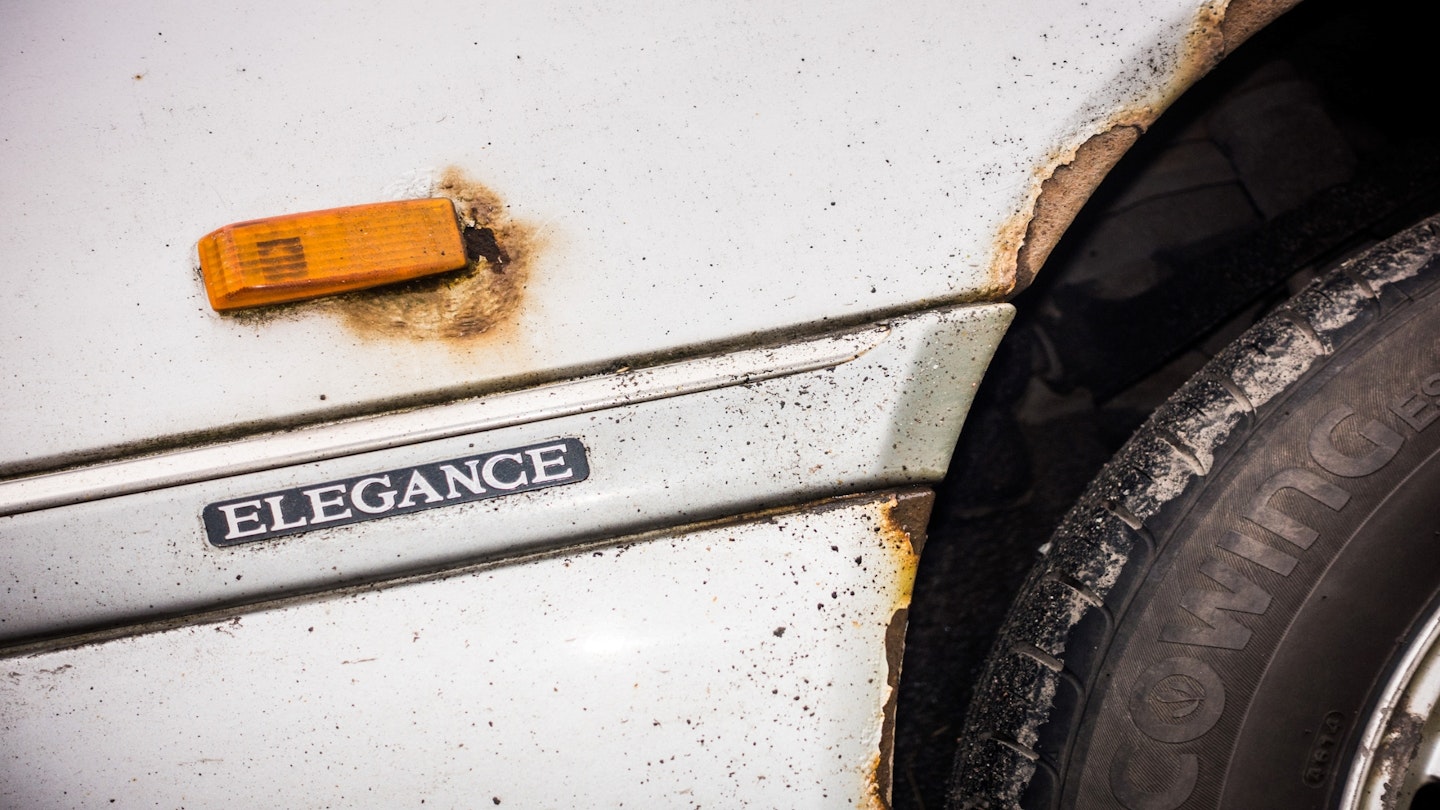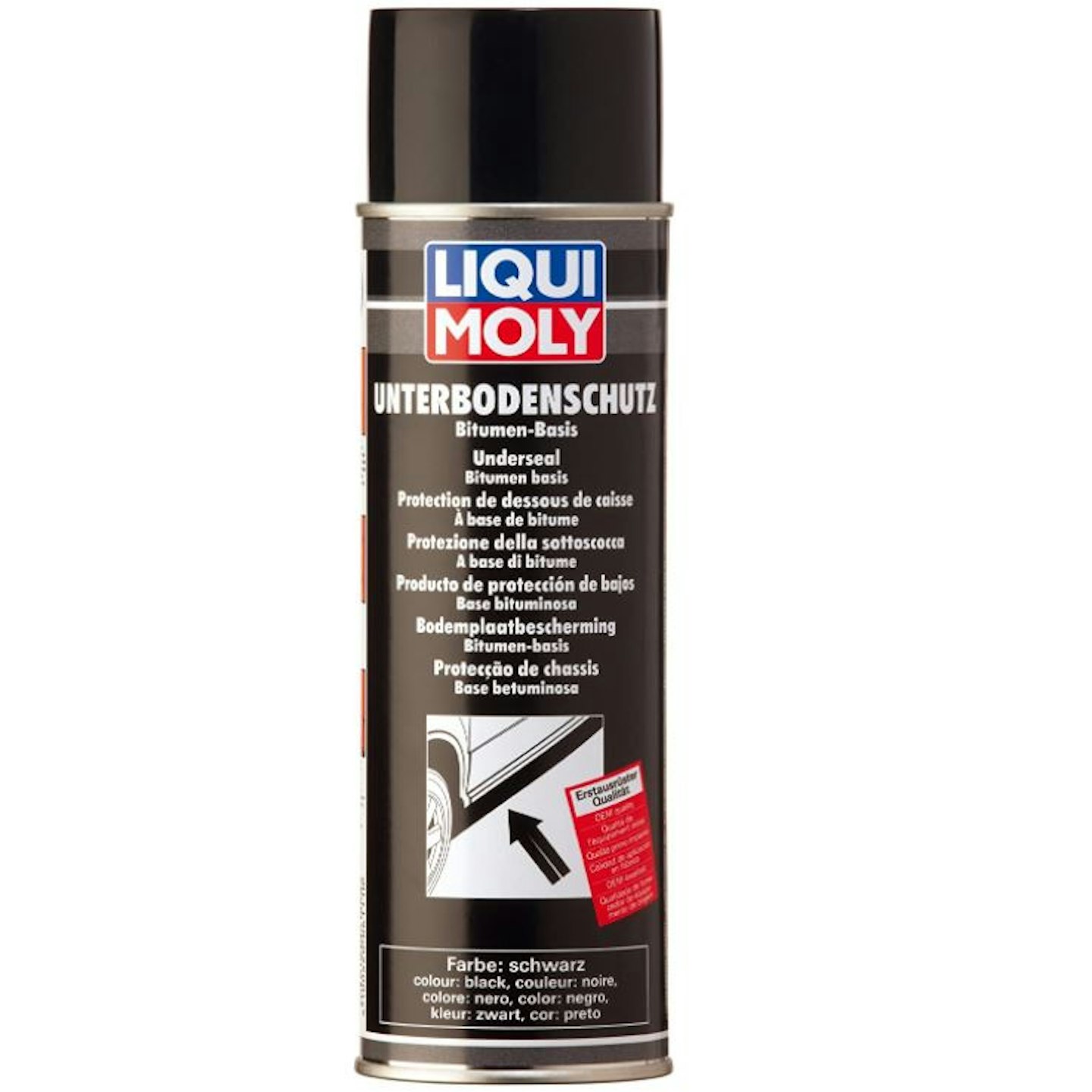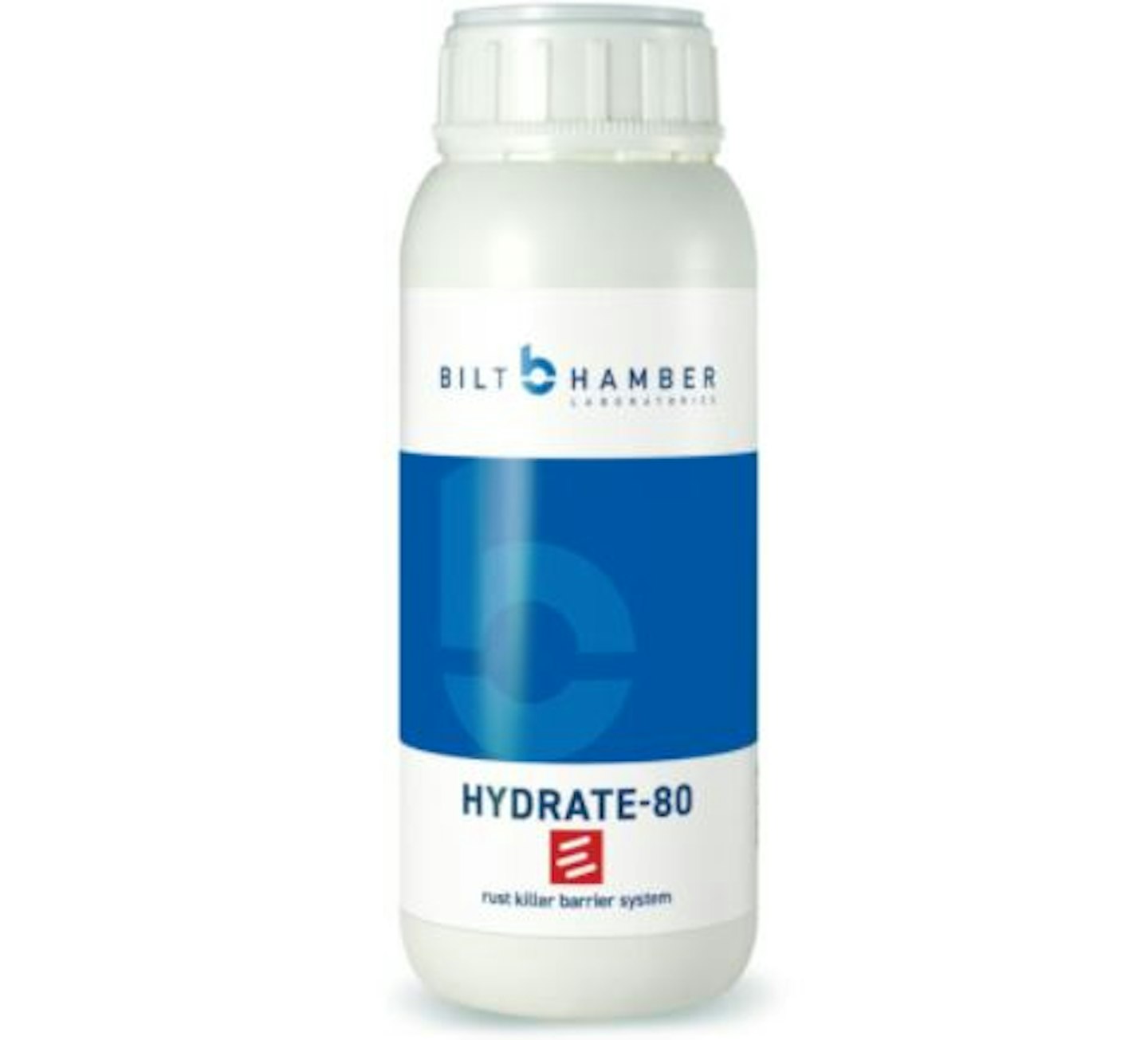A rusting vehicle has been employed as a symbol for collapsed society, loneliness, serenity, and other motifs that frequent the films we watch. Hollywood actors also grace the movie screens and do you know what rusted cars and film stars have in common? In real life, they can be a downright pain in the neck.
It is a common problem that plagues vehicles - rust, that is, not Tom Cruise. Like most ailments, if dealt with early, the easier it is and the more successful the cure. Below, we look at how to avoid rust on your car and what to do if you discover it lurking.
What causes rust?
It’s simply a chemical reaction. Fe (iron) reacts with oxygen (O) to create Fe2O3 (iron oxide).
Granted, cars are not made of pure iron anymore – it's been quite a few years since we saw a new cast iron engine block, with the exception of the Dodge Challenger Hellcat (its cast-iron Hemi you can buy as a crate engine if you wish).
Instead, iron is alloyed into steel and subsequent steel alloys. Other materials are used in cars too, such as aluminium, magnesium, titanium, and carbon fibre. These don’t oxidise, at least nowhere near as fast as iron or steel, but they are very expensive.
That brings us back to steel and steel alloys. In order to address the issue of rusting, steel in cars get protective coatings or alloyed to fight against corrosion. It helps a lot but it doesn’t completely solve the issue. Protective coatings wear off and rust on vehicles still occurs. And the situation is not helped by Britain’s Ready Salted roads, as salt speeds up the rusting process.
Common rust areas on cars
Rust will often manifest itself in a number of common areas around a car:
Wheel arches, suspension, around the windscreen, around doors, under the boot carpet, along the frame rails and sills, and on the exhaust.
Don’t fret if you see rust on steel brake discs when a car has been sitting for a while. It’ll disappear once the car is used and the rotors have been turned a few times.
If rust is spreading beneath paintwork, bubbling paint is a normal indication of this. Air and moisture have seeped in. See below.
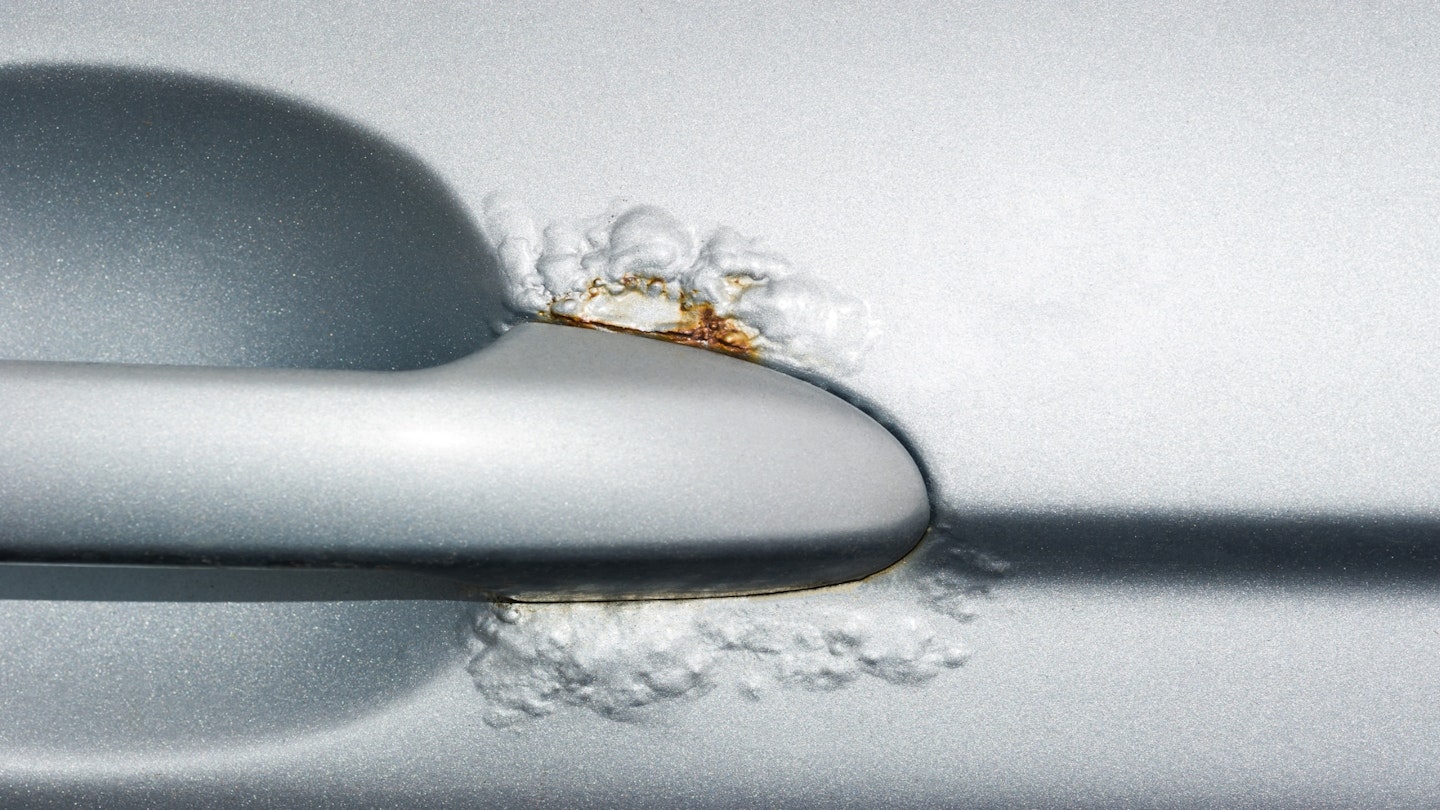
Rust prevention
Avoiding rust in the first place is the best scenario to be in. And there are a number of things that will assist in this department. One of these is likely to be on your garage shelf already: WD-40. The WD stands for water displacement and it is excellent in chasing water from small or tight areas of your car where moisture and water can gather, such as hinges.
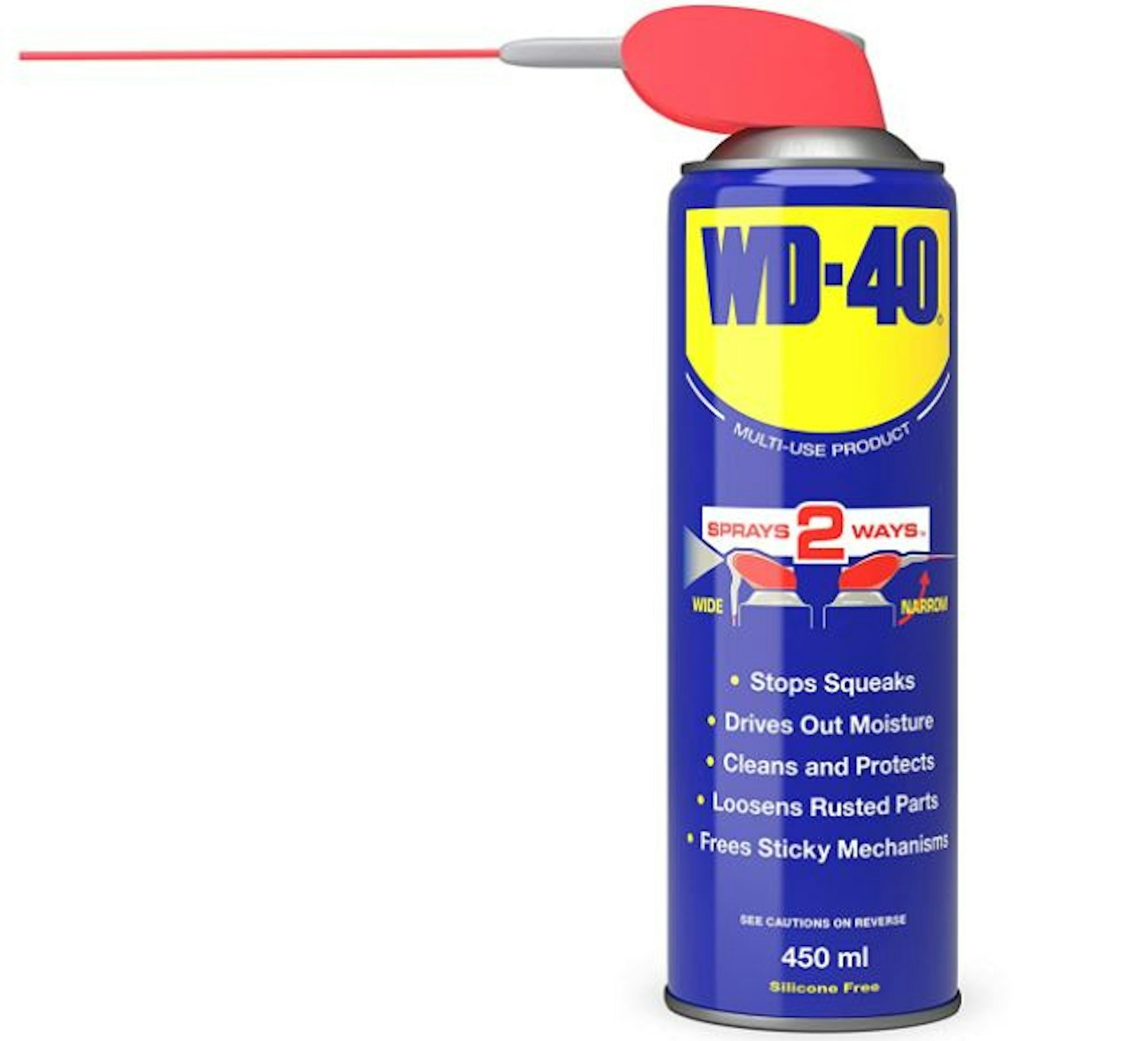
It’s also very important you keep your car clean and dry. Grime, salt, and contaminants that gather and are left on your car (especially in the wheel arches and underside) will speed up. To give your car exterior a thorough clean, see our guide on the subject. But in a nutshell, the essentials are some car shampoo, some paint protectant, and a drying cloth.
Best car shampoo
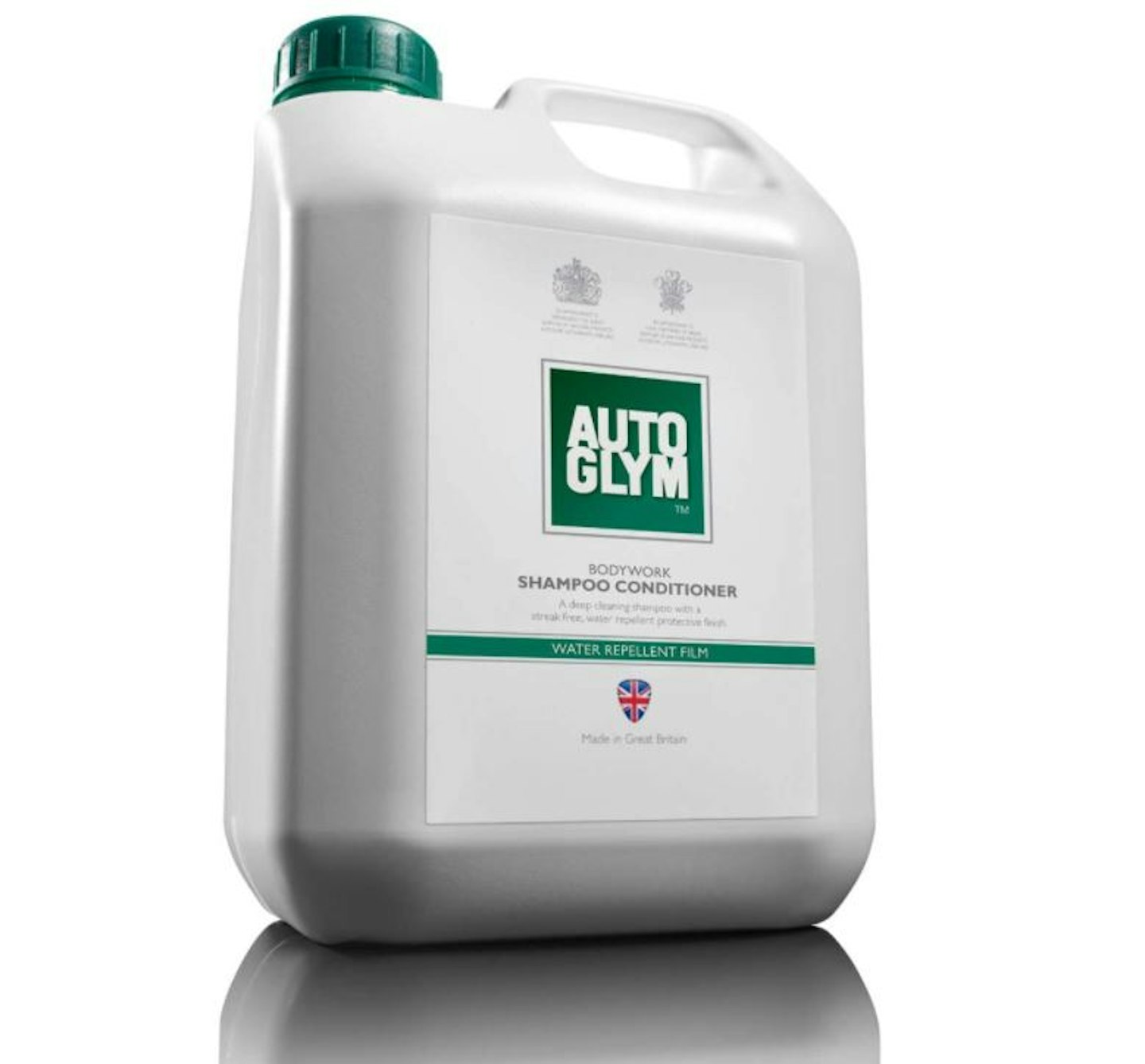
Best DIY car wax
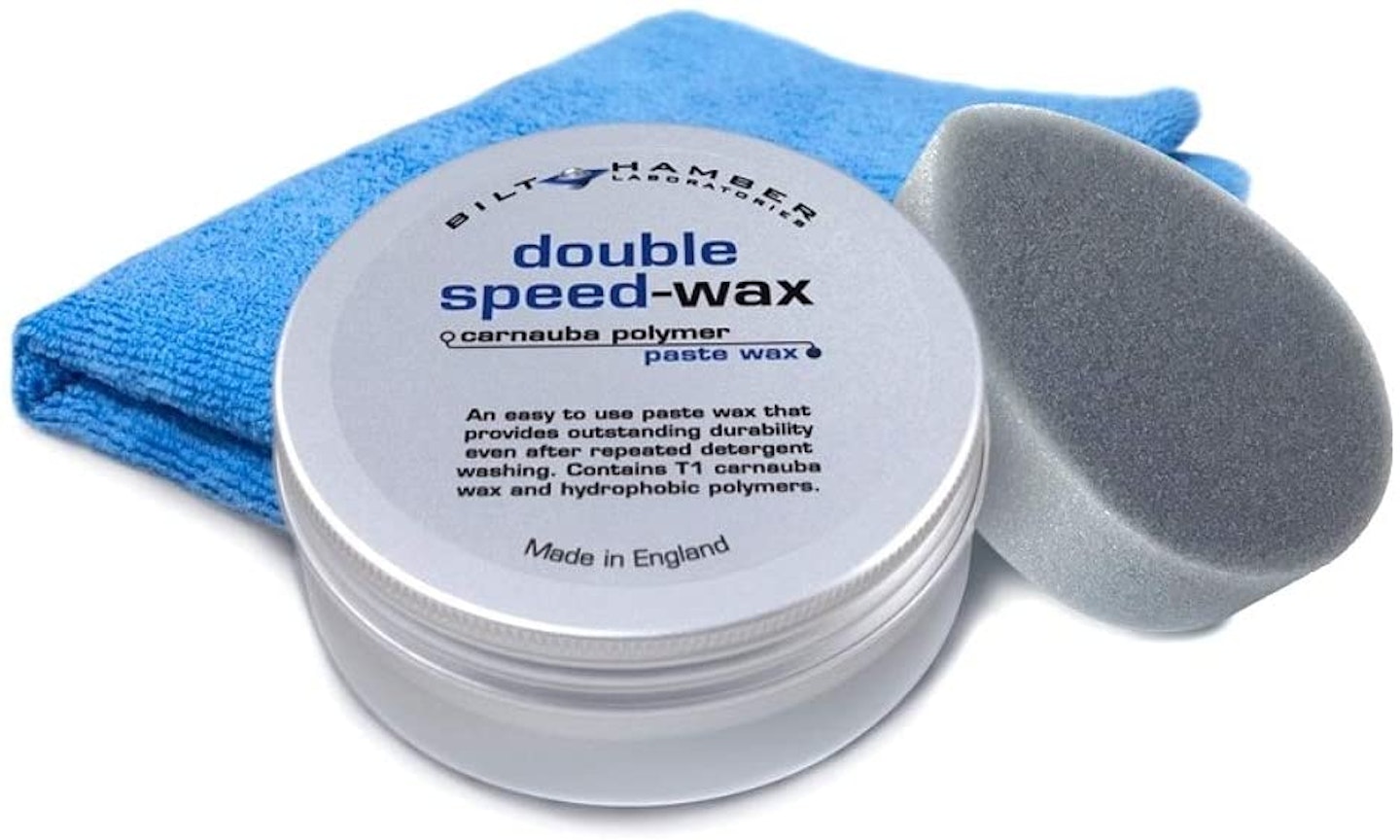
Best drying towel
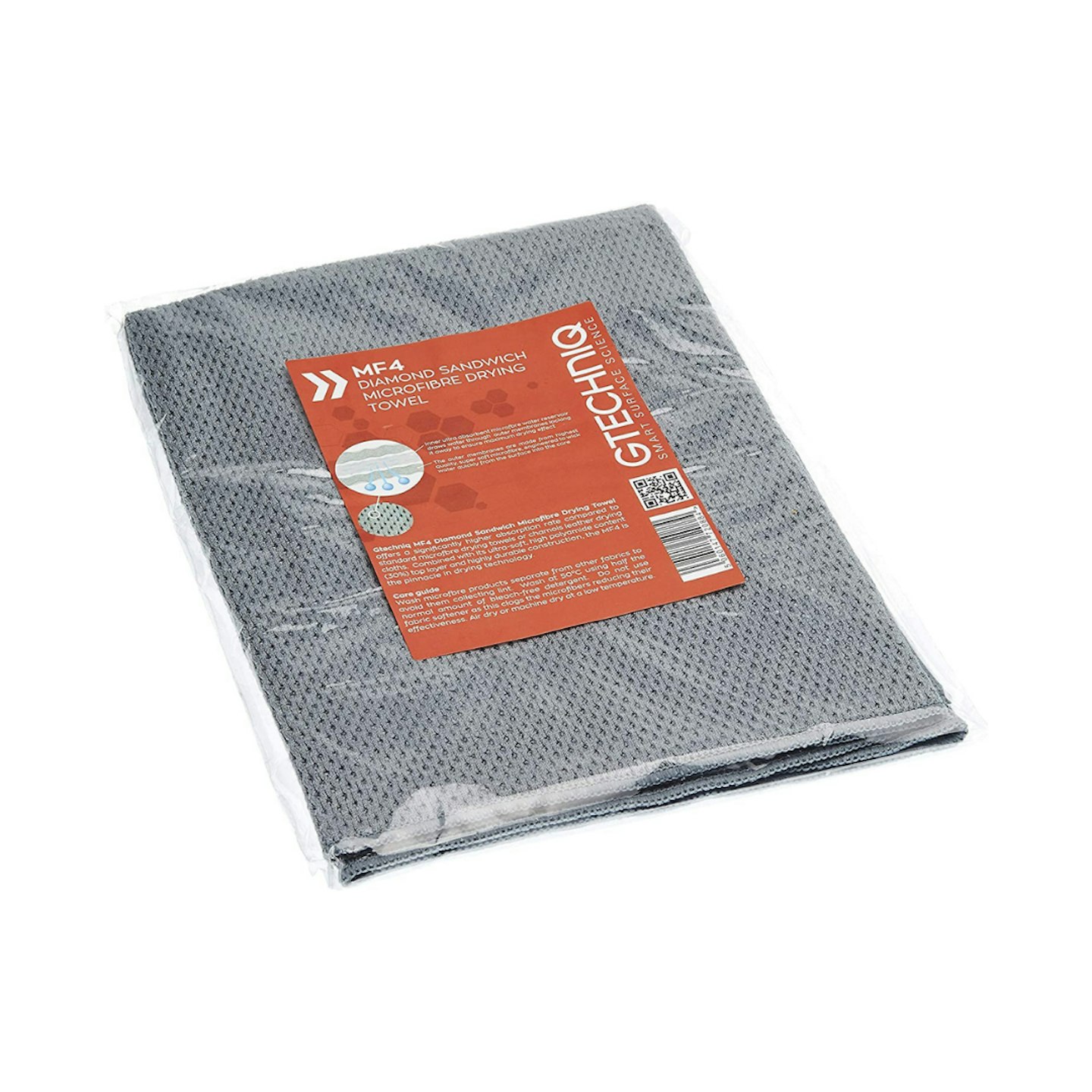
You may also wish to consider an underseal to apply to areas such as sills. This creates a barrier to help protect against corrosion.
Best DIY underseal
Dents and scratches that penetrate a car’s paintwork are certainly worth fixing. Quite apart from it being unsightly, the exposed metal can soon rust.
Rust converters and rust products
If rust has already established a presence, it can be fixed in most cases.
Great swathes of rust medicines exist and it is all too easy to become confounded. The first thing you ought to do is determine what type of rust it is that is plaguing your car. But they all bear a common factor: you absolutely must follow application instructions to the letter otherwise it’s a waste of time.
Surface rust is the initial stage and the easiest to cure. Nipping surface rust in the bud here is your best option.
To cure surface rust you still need to strip away paint if there is any on the affected area, and also the rust. The stripped, bare metal must be clean and degreased. Once it is you can apply the relevant product. We recommend the Bilt Hamber Hydrate 80 because it is exceptional at converting the rust, killing the spread, and protecting against any subsequent rusting.
Hydrate 80 is applied in two coats with a brush and must be left for 24 hours before priming and painting over the top.
Best rust converter/killer
Scale rust is the next stage. The aforementioned bubbling of paintwork is often a sign of scale rust beneath. If you wish to treat it yourself, you must strip away scaly and flaky rust. Because it is more severe than surface rust, this will take a little more effort. Like surface rust, you can then apply a remedy – we suggest Hydrate 80 once again.
Penetrating rust is when rust has advanced right through the metal. This is a major problem for several reasons, including structural rigidity. The simplest option at this point is to get the part or panel replaced.
Stripping rust
The fastest way of stripping back paint and rust is with an angle grinder fitted with a wire brush or abrasive flapper wheel. You can also get wire brushes for power drills too. By hand, you can use heavy or medium grit sandpaper.
